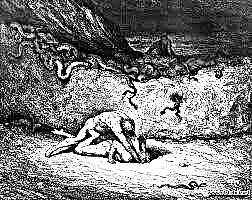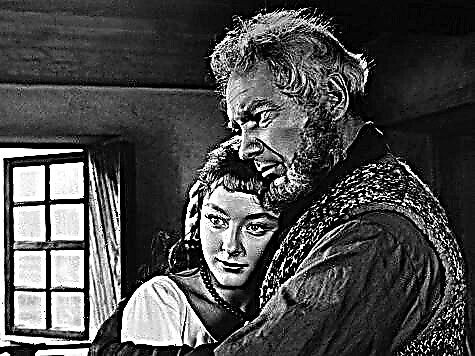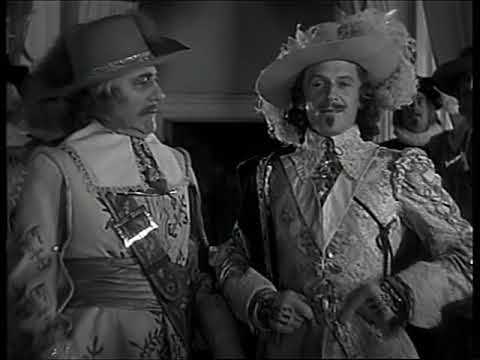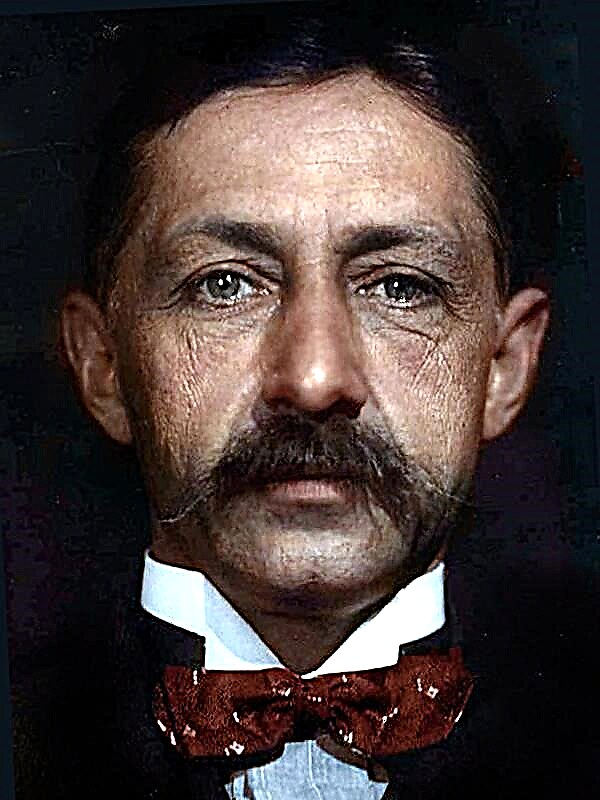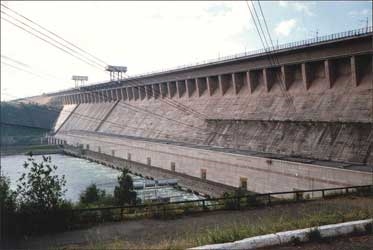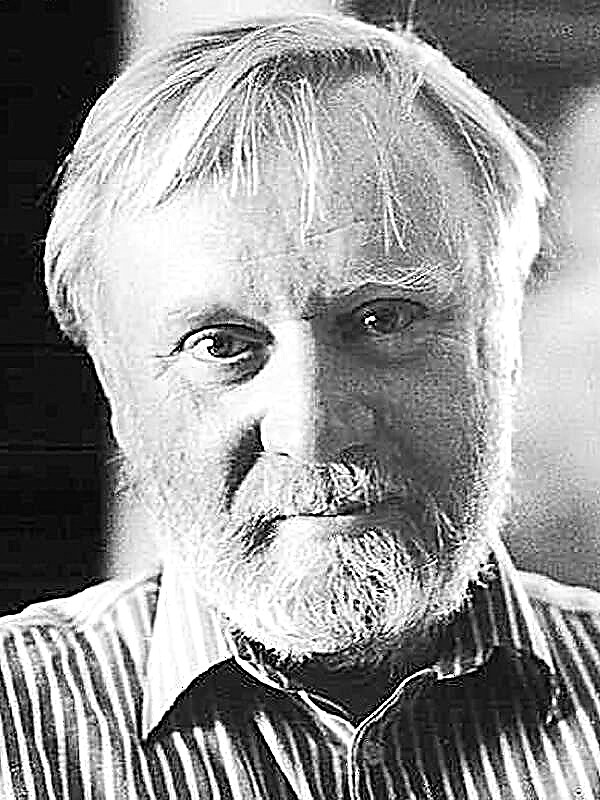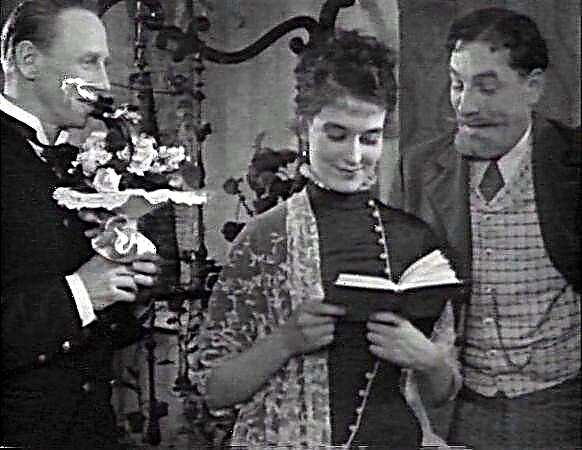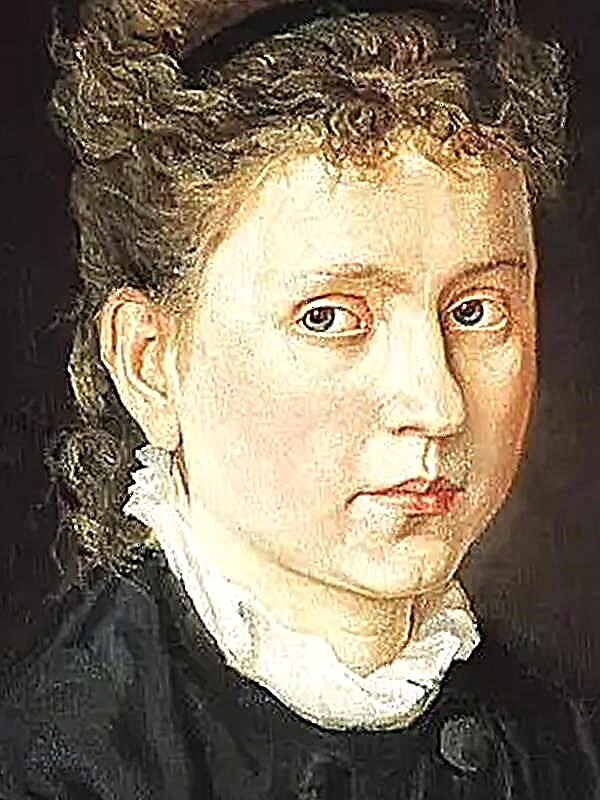Analytical abilities are not characteristic of every mind and are themselves inaccessible to analysis. Such a conclusion is reached by the Storyteller, having met in Paris in the summer of 18 .. with a certain Auguste Dupin, a descendant of an impoverished noble family who amazed him at the first meeting with his vast well-read and fresh imagination.
Young people quickly become friends and settle together. The narrator has to adapt to the unusual character and habits of Dupin - a passion for night walks and psychological analysis. A new friend amazes him with his ability to penetrate into the secret thoughts of his interlocutor, using what Dupin calls his “method” - he builds a complex chain of inferences based on minor external manifestations.
Once friends, having opened the evening newspaper, stumble upon a message about an unprecedented crime. Tonight, the peaceful sleep of the townsfolk living in the area of Morgue Street was broken by heartbreaking cries. They came from Madame L’Espane’s house, where she lived with her unmarried daughter Camilla. When the bedroom door was cracked, people stepped back in horror - the furniture was broken, gray strands of long hair stuck to the floor. Later, Camilla’s mutilated corpse was found in the chimney, and Madame L’Espane’s body was found in the courtyard. Her head was cut off with a razor.
All the witnesses agreed that when the door was cracked, the criminals were still in the bedroom. One voice clearly belonged to the Frenchman - everyone heard the curse uttered in French. The nationality of the second remained unknown: each of the witnesses believed that he spoke a foreign language, agreeing that the voice was terribly rude.
The next day the newspapers brought the news of the arrest of Adolph Lebon, who had delivered four thousand francs from the bank on the eve of the murder of Madame L’Espane. It was at this stage that Dupin began to show interest in such a confusing matter. Having received permission from the prefect of the police (a friend of Dupin) to inspect the crime scene, friends go to Morgue Street, where Dupin carefully examines everything.
Using his method, Dupin draws attention to three circumstances: the peculiar, “inhuman” voice of one of the criminals, the unusual dexterity required to climb out the window through the lightning rod, and, finally, the lack of a motive: the gold from the bank was found intact in the room . In addition, the criminals (or at least one of them) possessed incredible power, since they managed to push the body into the pipe, and even from the bottom up. The hairs and fingerprints on her neck, extracted from Madame L’Espane’s clenched hand, convinced Dupin that only a giant monkey could be the killer.
Dupin announces the capture of a large monkey, promising to return it to the owner for a small fee. As Dupin had supposed, a sailor from a merchant ship soon announced to them. Realizing that Dupin knows everything, the sailor tells the true story. He caught an orangutan in Borneo and with great torment - because of the fierce disposition of a monkey - delivered to Paris, hoping to sell profitably. On that unfortunate night, the monkey escaped, the sailor chased after her, but did not catch and was a witness of how the beast climbed into the women's bedroom. When the sailor struggled to climb the same lightning rod, it was all over. With a startled exclamation, the sailor slid down ...
The prefect could not hide his disappointment that the police were too tough for this complicated matter, but after Dupin's story, grumbling, he let poor Lebon go in peace.

